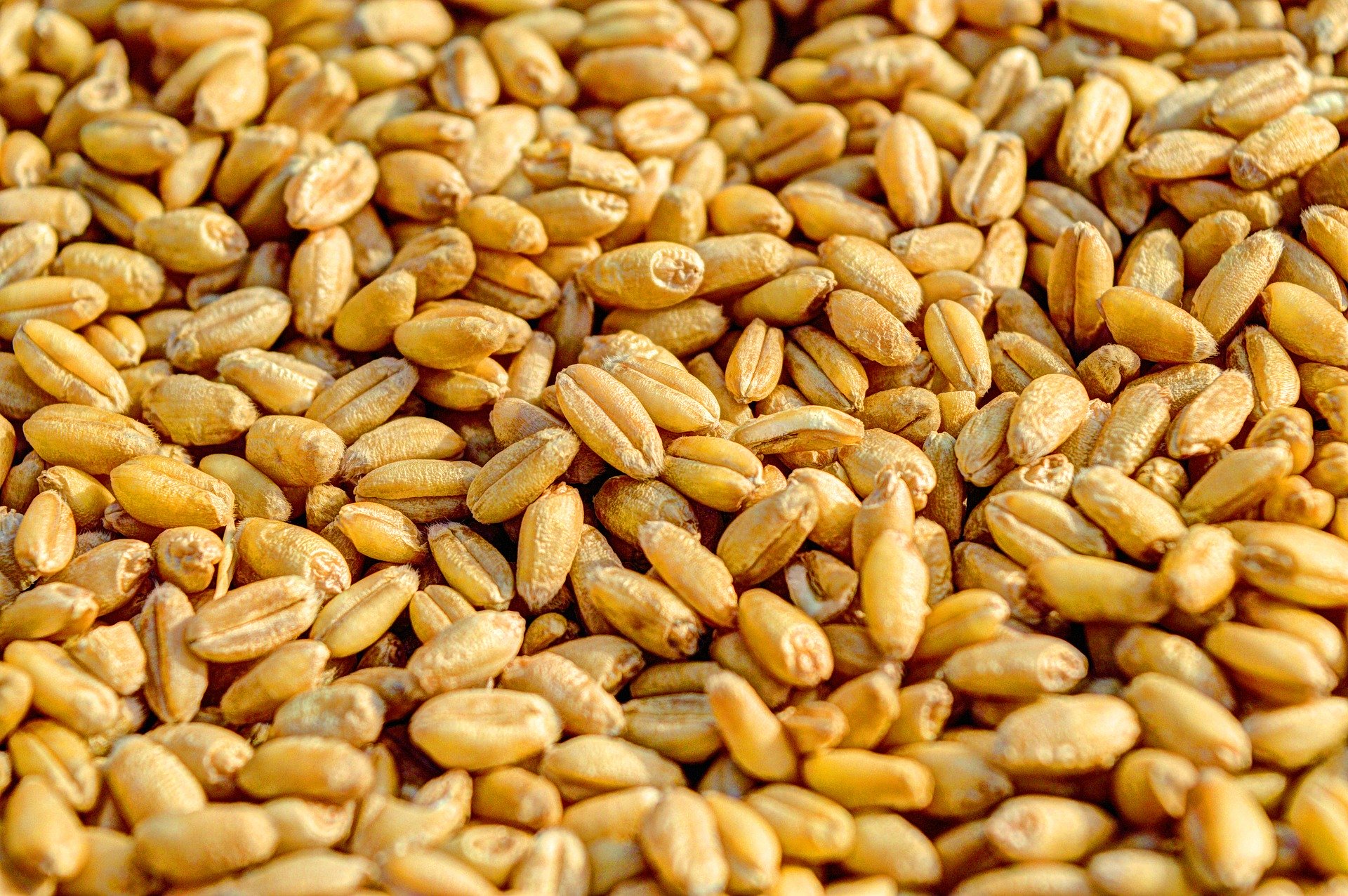The following piece is from our sister publication, Germination.
Seed industry stakeholders have an opportunity to help guide the process of seed regulatory modernization with a new survey launched by the Canadian Food Inspection Agency.
As part of the seed regulatory modernization (SRM) process, the CFIA will be reviewing the following sections of the Seeds Regulations:
- Part I-Seeds other than Seed Potatoes
- Part II-Seed Potatoes
- Part III-Variety Registration
- Part IV-Registration of Establishments that Prepare Seed and Licensing of Operators
The CFIA is looking to update the Seeds Regulations to:
- improve responsiveness and consistency
- reduce complexity
- become adaptable and flexible to function in the modern, fast-changing world
- protect producers and consumers by strengthening existing requirements
The first step is a needs assessment survey to establish a baseline understanding of seed and seed potato stakeholder needs to provide important perspective to the process.
It is important to note the SRM initiative does not include the following:
- Value creation
- Plant breeders’ rights
- Plant breeding innovation
- Plant protection program
- Ministerial exemptions for potatoes
How to participate
Complete the initial needs assessment survey on the Seeds Program and Seed Potato Program at: https://www.inspection.gc.ca/about-cfia/transparency/consultations-and-engagement/join-the-discussion/eng/1611148738834/1611148739224
Who is the Focus of the Consultation?
The CFIA welcomes comments from:
- Farmers
- Seed industry
- Seed potato industry
- Producer groups
- Commodity/value chain associations
- Breeders
- Other special interest groups
- Other government organizations
Key Questions for Discussion
This is the first survey early in the SRM consultation process.
The CFIA would like to know your thoughts and ideas on the following seed-related topics to help inform potential changes to the regulations:
- Labelling
- Grading and seed standards
- Imports
- Variety registration
- Alternative service delivery
‘Big Questions’
“What’s special about this initiative is that we’re not limited to just doing tweaks to the regulations. The government has signalled that it is open to substantive change, including the examination of the role of government in the regulation of seed,” says Wendy Jahn, national manager of the CFIA seed section.
“So we need to address some pretty big questions, such as what should stay with government, what should move to industry with government oversight, and even potentially what no longer needs to be done at all. It’s important when we talk about this to look at the scope of regulatory modernization, both what it is and what it isn’t.”
The main purpose of the Seeds Act and Seeds Regulations are to ensure the overall quality of seed and protect producers from fraud, and this is done by defining standards for seeds, Jahn explained. These standards ensure accurate information is about the seed is available to purchasers. They ensure vital identity vital purity, and also help to ensure mechanical purity for things like weeds and other crops, germination and some seedborne diseases.
The Seeds Act and Regulations also facilitate seed certification through variety registration, crop certification, and the oversight of seed processing to maintain the integrity of seed and seed laboratory testing.
The survey is open until March 15.





